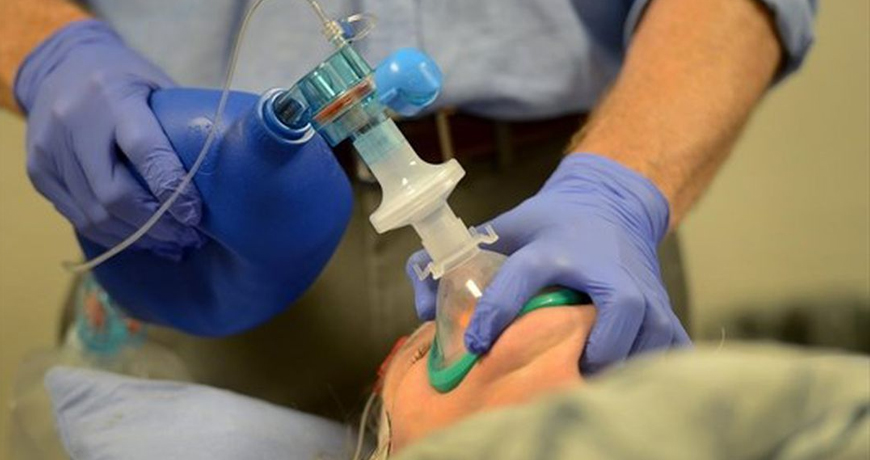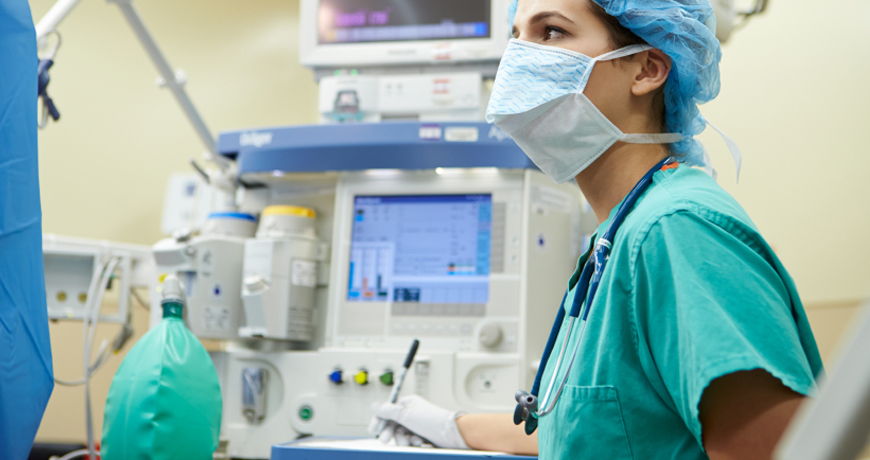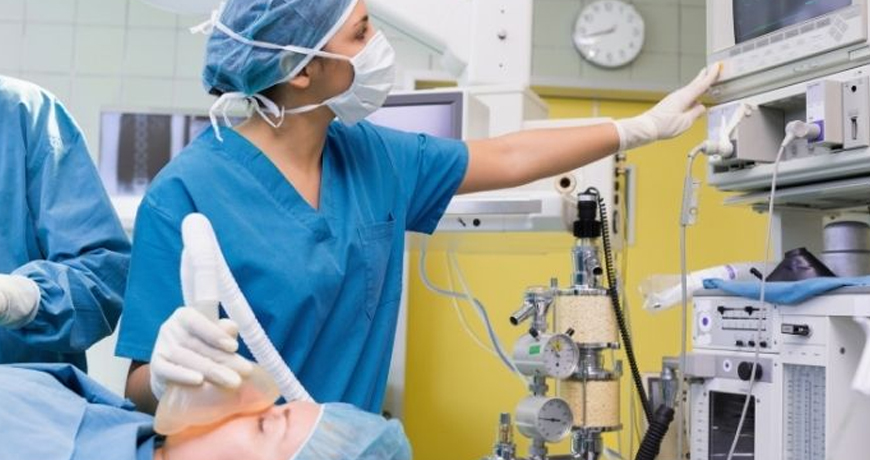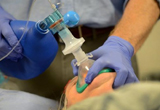




Anesthesiology
Sri Swarupa Hospital of Nephrology and Urology has a highly integrated and collaborative team of expert anesthesiologists dedicated to providing the best possible care and services to their patients. Sri Swarupa Hospital, located in Vijayawada, India, is a well-known nephrology and urology hospital with a world-class reputation.
Anesthesia is defined as the loss of sensation in one or more parts of the body. It is possible to achieve it in patients undergoing surgery as a result of the administration of medications known as anaesthetics by a team of specialist doctors known as anesthesiologists. During your procedure, an experienced team of nurses will assist the anesthesiologist in the intensive care unit, but the judgments and decisions will be yours.
Why is it done?
An invasive surgical procedure, such as kidney surgery, is excruciatingly painful. Thus, prior to performing such surgeries, patients are numbed by administering anaesthetics to prevent discomfort and pain. This allows a surgeon to perform a wide range of medical procedures.
There are mainly three types of anesthesia procedures.
The type of anaesthesia procedure you choose is determined by a number of factors, including the type of surgical procedure you are having, the time of surgery, your current and past health status, medications, previous experiences, allergies, and your doctor's preference.
Local Anesthesia:
Local anesthesia is a procedure in which your anesthesiologist applies or injects the anesthetic at the site of surgical area to numb the area locally.
Regional Anesthesia
In regional anesthesia, a larger region of the body is numbed by injecting the anesthetic.
There are two common variants of the procedure:
1. Epidural and Spinal Anesthesia:
In this type of regional anesthesia, the anesthetic is injected in the area near the spinal cord so that the entire connected region could be numbed. For instance, the procedure could be used when numbing of the lower part of the body is required.2. Peripheral Nerve Block:
The drug is injected around a group of nerves in this type of anaesthesia procedure, numbing a specific area of the body. When numbing the shoulder, arm, and hand, for example.General Anesthesia: The most common type of anaesthesia procedure is general anaesthesia, which is used when a patient is required to be unconscious or completely asleep throughout the surgical process.
The role of an anesthesiologist in a surgical procedure is critical. They not only need to administer an anesthetic drug but they have to continuously monitor the patient health during and even after the completion of the surgery.
The entire process of anesthesia can be divided into three stages:
1. Pre-surgery Anesthesia support
The patient must be anaesthetized before to any surgical procedure. The entire process will be meticulously planned and managed by our skilled anesthesiology staff. They will ask you about your medical history, allergies or preferences in order to develop the plan. They plan the optimal anaesthesia procedure for you based on your health criteria, surgical needs and preferences.2. ntra-surgery Anaesthesia support
The anesthesiologist team will monitor your health status continuously during the entire surgical procedure to prevent any complications. The things about which they will be concerned about includes –1. Monitor your main body functions such as heart rate, respiration, blood pressure, temperature and oxygenation. During the operation, certain parameters may be altered.
2. Addressing and managing any problem that may arise during surgery
3. During the entire treatment, treat any pain or discomfort In addition to the surgeon, during your operation the anesthesiologist makes the key choices that are critical for your survival. During the surgery, you can have muscle relaxants if necessary.
4. Post- Surgery Anaesthesia support Support for postoperative anaesthesia The anaesthetic medications will be stopped once your operation has ended. You may have discomfort when you come out of the impact of anaesthetic in the event of local anaesthesia. You will gently wake up in the operation room itself or recovery room when the general anaesthetic has been delivered. You may feel sleepy and have some side effects of post-chirurgical anaesthesia.
Some of the common side-effects of general anesthesia are:
1. Sleepiness
2. Shivering
3. Nausea
4. Vomiting
5. Mild hoarseness or a sore throat
6. Dry mouth
7. Discomfort
8. Mild to intense pain
While you are regaining awareness, the anesthesiology and critical care team will monitor your health and reverse the effects of the anaesthetic medicine. They'll make sure you have the least amount of pain, discomfort, and other adverse effects as possible. They can prescribe drugs to aid with pain and other side effects if necessary. In extremely uncommon and difficult circumstances, the patient may suffer irreversible nerve damage or, in the worst-case scenario, die. To avoid such catastrophic difficulties, it's critical that you're in the hands of a professional. To get the finest results, the team of skilled anesthesiologists at Swarupa delivers attentive care and unrivalled services to its patients.
Meet Our Doctors







